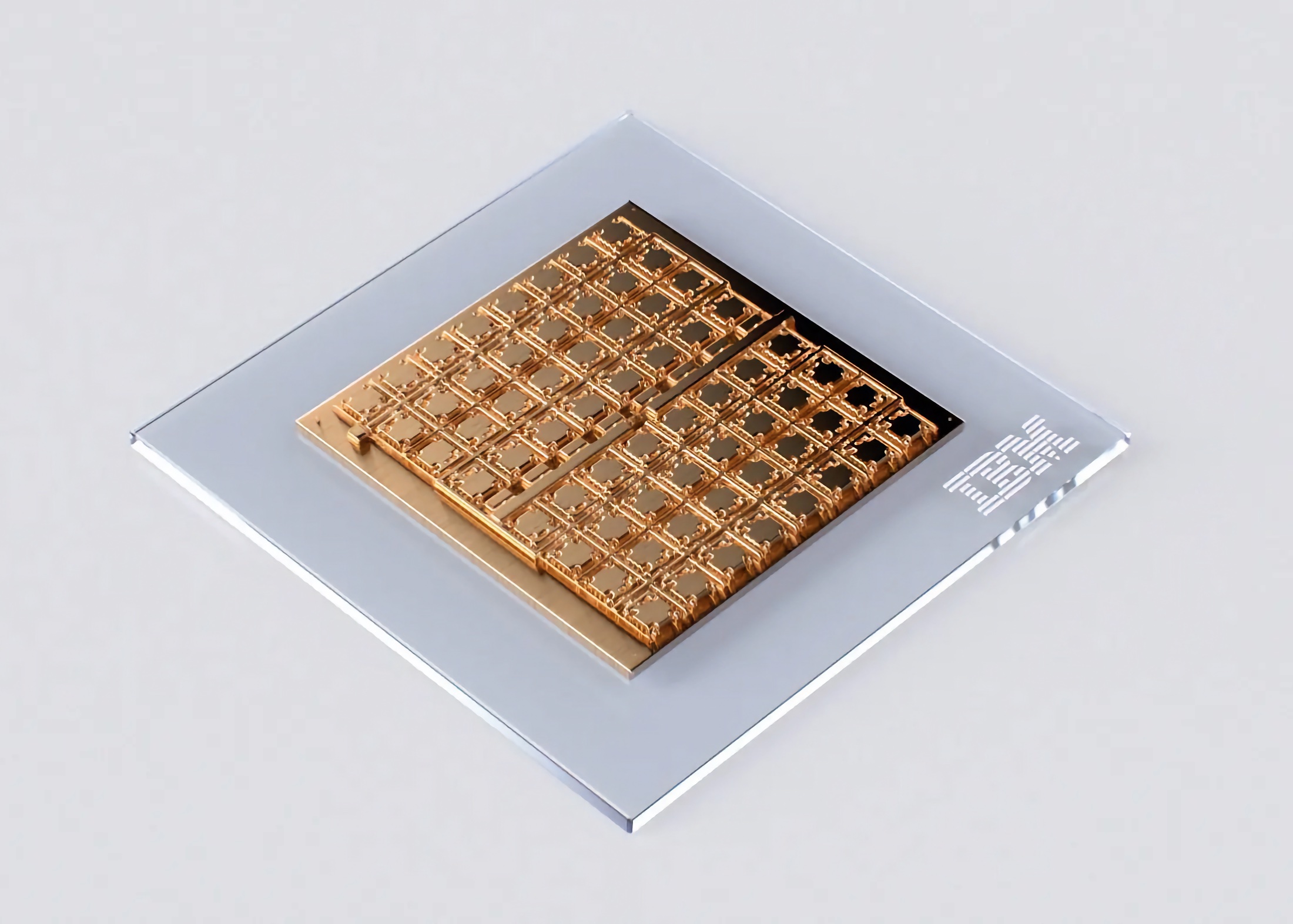
IBM Research unveils breakthrough analog AI chip for efficient deep learning
IBM Research has unveiled a groundbreaking analog AI chip that demonstrates remarkable efficiency and accuracy in performing complex computations for deep neural networks (DNNs).
This breakthrough, published in a recent paper in Nature Electronics, signifies a significant stride towards achieving high-performance AI computing while substantially conserving energy.
The traditional approach of executing deep neural networks on conventional digital computing architectures poses limitations in terms of performance and energy efficiency. These digital systems entail constant data transfer between memory and processing units, slowing down computations and reducing energy optimisation.
To tackle these challenges, IBM Research has harnessed the principles of analog AI, which emulates the way neural networks function in biological brains. This approach involves storing synaptic weights using nanoscale resistive memory devices, specifically Phase-change memory (PCM).
PCM devices alter their conductance through electrical pulses, enabling a continuum of values for synaptic weights. This analog method mitigates the need for excessive data transfer, as computations are executed directly in the memory—resulting in enhanced efficiency.
The newly introduced chip is a cutting-edge analog AI solution composed of 64 analog in-memory compute cores.
Each core integrates a crossbar array of synaptic unit cells alongside compact analog-to-digital converters, seamlessly transitioning between analog and digital domains. Furthermore, digital processing units within each core manage nonlinear neuronal activation functions and scaling operations. The chip also boasts a global digital processing unit and digital communication pathways for interconnectivity.
The research team demonstrated the chip’s prowess by achieving an accuracy of 92.81 percent on the CIFAR-10 image dataset—an unprecedented level of precision for analog AI chips.
The throughput per area, measured in Giga-operations per second (GOPS) by area, underscored its superior compute efficiency compared to previous in-memory computing chips. This innovative chip’s energy-efficient design coupled with its enhanced performance makes it a milestone achievement in the field of AI hardware.
The analog AI chip’s unique architecture and impressive capabilities lay the foundation for a future where energy-efficient AI computation is accessible across a diverse range of applications.
IBM Research’s breakthrough marks a pivotal moment that will help to catalyse advancements in AI-powered technologies for years to come.
(Image Credit: IBM Research)
See also: Azure and NVIDIA deliver next-gen GPU acceleration for AI
Want to learn more about AI and big data from industry leaders? Check out AI & Big Data Expo taking place in Amsterdam, California, and London. The event is co-located with Digital Transformation Week.
Explore other upcoming enterprise technology events and webinars powered by TechForge here.


